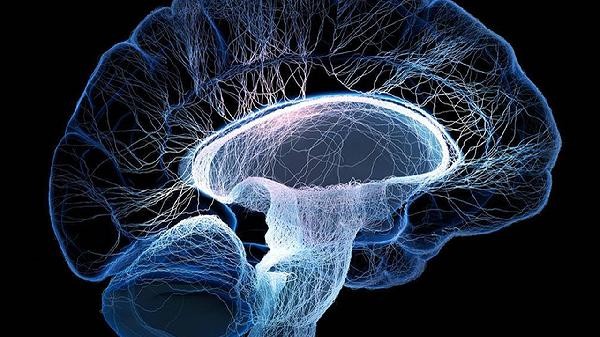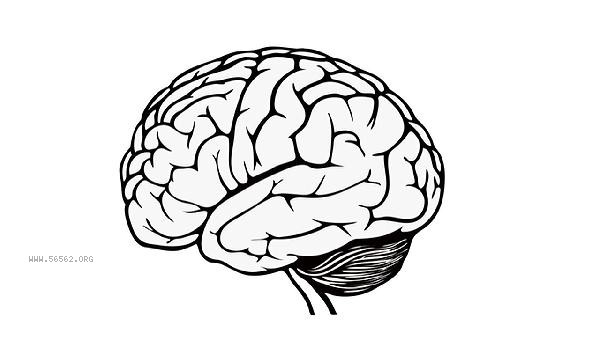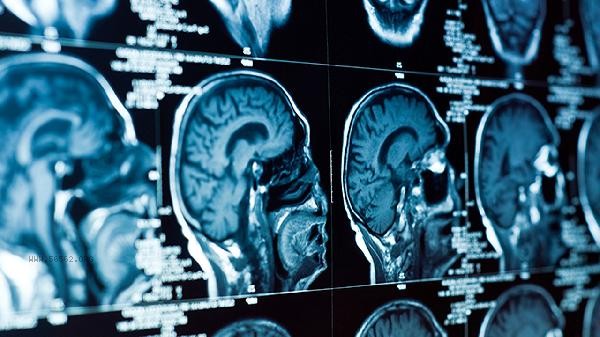Brain loss of control may be caused by emotional stress, lack of sleep, neurological disorders, medication side effects, psychological disorders, etc. It can be alleviated through psychological intervention, medication treatment, lifestyle adjustments, and other methods.

1. Emotional stress
Long term exposure to high-intensity emotional stress can cause a sustained increase in cortisol levels in the human body, which can interfere with the prefrontal cortex's ability to regulate emotions. Typical manifestations include decreased attention span and decision-making ability, which may be accompanied by physiological reactions such as palpitations or hand tremors. It is recommended to relieve stress through mindfulness meditation, deep breathing training, and seek psychological counseling if necessary.
2. Sleep deprivation
Sleep deprivation can lead to a decrease in the metabolic rate of the prefrontal cortex, affecting cognitive control function. Continuous sleep deprivation may result in symptoms such as transient cognitive confusion and difficulty organizing language. Maintain a regular sleep routine, avoid using electronic devices before bedtime, and engage in moderate aerobic exercise during the day to improve sleep quality.
3. Neurological disorders
Epilepsy seizures, sequelae of traumatic brain injury, and other diseases may trigger abnormal brain discharges. This type of situation is usually accompanied by obvious symptoms such as limb twitching and loss of consciousness, and needs to be diagnosed through examinations such as electroencephalography. Commonly used therapeutic drugs include sodium valproate, levetiracetam and other antiepileptic drugs, which must be strictly used according to medical advice.

4. Drug side effects
Some sedatives or antidepressants may affect neurotransmitter balance. If there are adverse reactions such as delayed thinking and limb coordination disorders, it is necessary to communicate with the doctor in a timely manner to adjust the medication plan. During medication, alcohol should be avoided and liver and kidney function should be regularly checked.
5. Mental and psychological disorders
Bipolar disorder, schizophrenia, and other diseases may lead to mental runaway or behavioral disorders. This type of situation requires professional evaluation by a psychiatrist, and treatment is usually combined with psychotherapy and medication intervention. Early identification of symptoms and adherence to systematic treatment can help improve prognosis.

It is important to maintain a regular daily routine and a balanced diet, and to supplement foods rich in omega-3 fatty acids such as deep-sea fish and nuts in moderation. Engage in moderate aerobic exercise every week and avoid excessive use of irritants. When persistent attention disorders or behavioral abnormalities occur, it is recommended to seek medical attention promptly at a neurology or psychiatry department, and clarify the specific cause through professional evaluation. Recording the frequency and triggers of symptom onset can help doctors accurately assess the condition. For confirmed patients, the treatment plan should be strictly followed and the efficacy should be evaluated through regular follow-up visits.








Comments (0)
Leave a Comment
No comments yet
Be the first to share your thoughts!